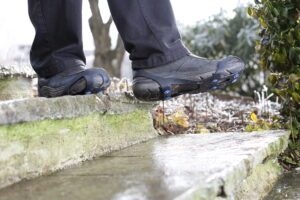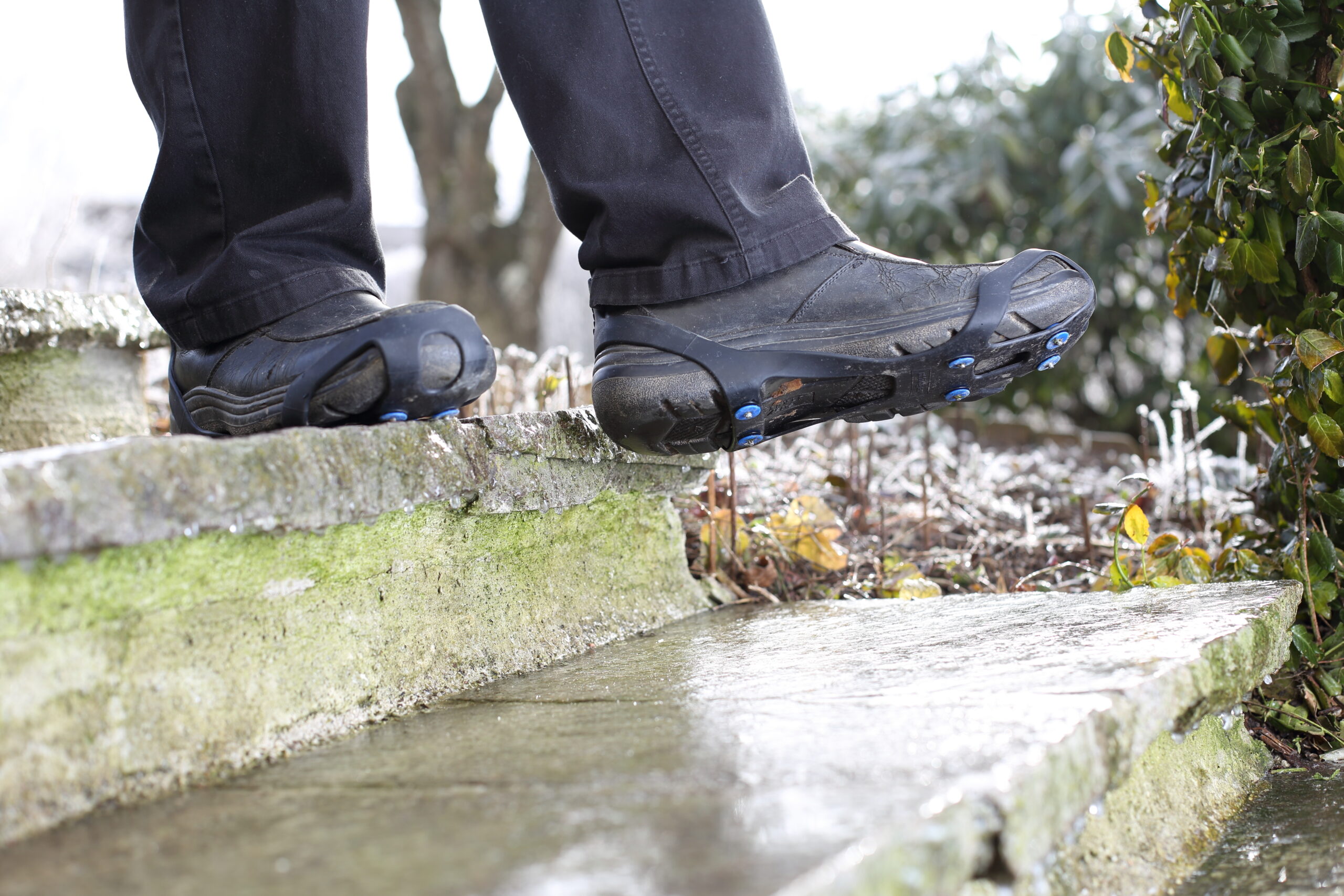Massachusetts Appeals Court Declines to Apply Exception to 30-Day Notice Requirement in Recent Slip-and-Fall Case

Photo Credit: riopatuca / Shutterstock.com
Some laws can lead to harsh results, but when courts apply these laws they generally do so because of an honestly held belief that they are enforcing the law exactly as it is written. In a recent slip-and-fall case before a Massachusetts appeals court, the court dismissed the claim even though the plaintiff claimed she could not have known who the responsible party was within the allotted time.
The Facts of the Case
According to the court’s opinion, the plaintiff stepped on an uneven depression in a road in Boston and seriously injured her left foot. She notified the city of her claim within thirty days, and almost three months later, the city denied liability and claimed the Boston Gas Company was the responsible party. The plaintiff sent notice to Boston Gas the next day, and later filed a complaint against the city and the gas company.
Evidently, Boston Gas moved to dismiss the claim, arguing that the plaintiff failed to timely file notice of the claim. In this case, it was undisputed that the plaintiff did not notify the gas company within thirty days. However, the plaintiff argued that her failure to comply with the notice requirement was excusable because it was “virtually impossible” to know that the gas company was the responsible party within the thirty-day period.
The appeals court agreed with the gas company, and dismissed the lawsuit. The court explained that there was no exception contained in the statute for a situation in which the responsible party could not reasonably be ascertained within the 30-day period. However, the statute provides an exception for late notice if a person’s physical or mental incapacity makes it impossible for the injured person to give timely notice.
The court also held that it would not create an exception when a party is not reasonably ascertainable. The court reasoned that the stated exception likely means that the legislature intentionally decided not to include other exceptions. The court also explained that although the strict time requirement could result in harsh consequences, the legislature, rather than the courts, must consider this and enact the laws that it sees fit.
Massachusetts’s Notice Requirement in Public Way Claims
Under the defective-way statute, an injured party may file a claim for injuries that arise from a defect in public ways, if caused by “the Commonwealth, its subdivisions, or any person by law obliged to repair” the area. Under G. L. c. 84, § 18, if a party files a defective-way claim, it must notify the responsible party within thirty days of the injury. The requirement is strict, and failure to notify the responsible party will result in a dismissal of the plaintiff’s claim, as this case demonstrates.
Are You in Need of a Dedicated Massachusetts Injury Attorney?
If you have been injured on someone else’s property, or in another type of accident, contact the Massachusetts personal injury lawyers at the Neumann Law Group. If someone else is at fault for your injuries, you may be able to obtain monetary compensation for your injuries. Neumann Law Group handles personal injury cases including Massachusetts slip-and-falls, work injuries, medical malpractice claims, and motor vehicle accidents. Call us at (800) 525-NEUMANN or complete our online form to schedule a free consultation with an attorney today.
See Related Posts:
Massachusetts Appeals Court Considers Definition of “Household Member” Under Insurance Policy, Massachusetts Injury Lawyer Blog, January 30, 2019.
Winter Slip-and-Fall Accidents in Massachusetts Due to Snow or Ice Accumulations, Massachusetts Injury Lawyer Blog, January 14, 2019.



